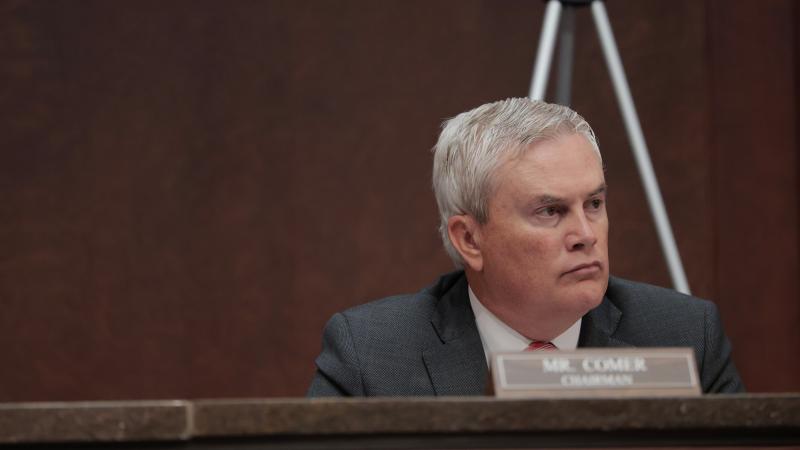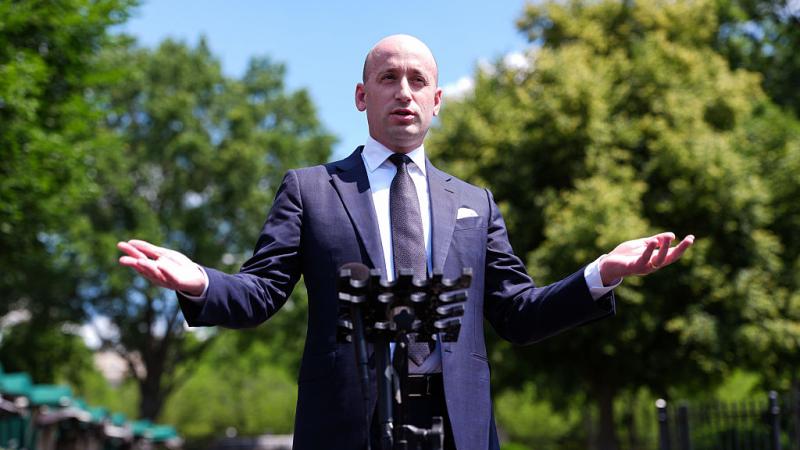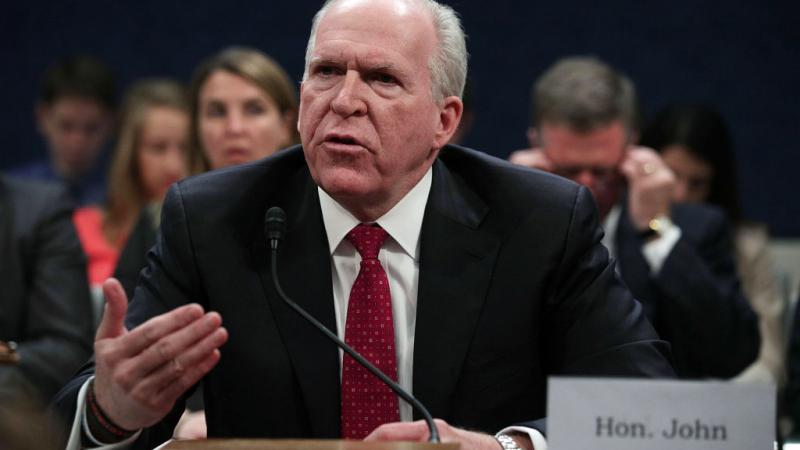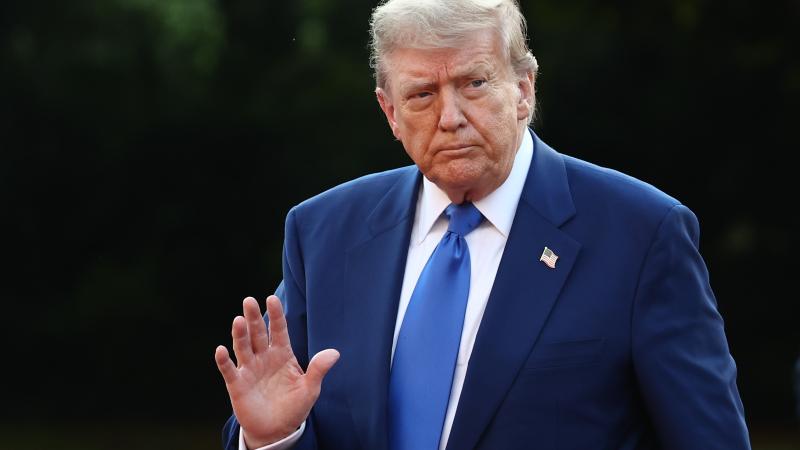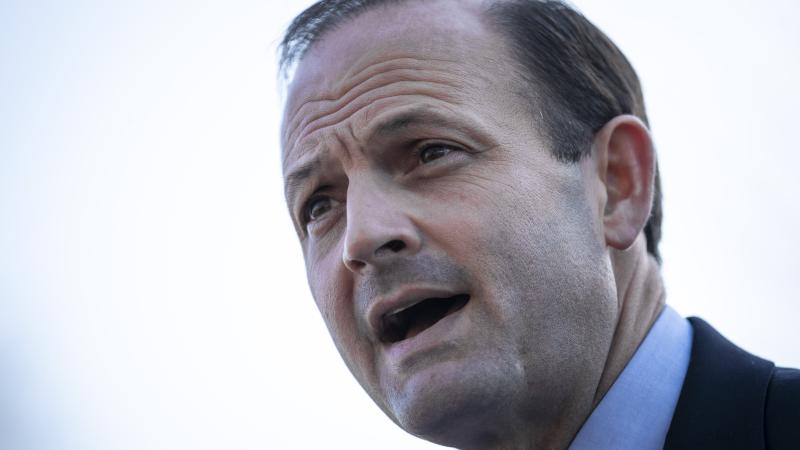Florida marijuana agency seeks to double workforce to handle pending boom
More than 620,000 Florida residents are now qualified' for medical pot prescriptions.
The Florida Department of Health (DOH) is expected to issue up to 27 new medical marijuana treatment center (MMTCs) licenses by July 1, 2023, more than doubling the availability of legal cannabis products that already support a $1.3 billion industry in the Sunshine State.
In preliminary budget requests, DOH is seeking nearly $13 million to more than double the Office of Medical Marijuana Use’s (OMMU) current 80-person staff to 165 employees to handle what it anticipates will be a dramatic surge in state medical marijuana sales in the coming years.
DOH is requesting $4 million to publicize “accurate information” about medical marijuana and open three regional OMMU offices, and $2.15 million for litigation-related expenses.
Florida now has 22 licensed MMTCs. The 2017 law designed to carry out a 2016 constitutional amendment that legalized medical marijuana stipulated new licenses were to come online as patient numbers increased.
More than 620,000 Florida residents are now qualified' for medical pot prescriptions. By that 2017 law, there should be 41 MMTCs, not 22.
The DOC was holding off opening the MMTC application process until the Florida Supreme Court ruled in a lawsuit filed by Tampa-based Florigrown LLC, which challenged the vertical integration provision which requires operators to handle products from “seed-to-sale.” In May, the court upheld the 2017 law.
OMMU plans to issue 19 new licenses by July 1, 2022, and another eight by July 1, 2023. With an estimated 150 applications for each licensing cycle, the agency says it must double its workforce to handle a projected 900,000-plus patient base within two years.
Florida’s medical marijuana industry created nearly 15,000 jobs and generated nearly $1.23 billion in taxable sales in 2020, according to Arcview Market Research, which projects the industry could generate $6 billion in Florida sales by 2030.
The 2021 MJBizFactbook projects Florida medical marijuana sales will approach $1.3 billion in 2021 and nearly $2 billion annually by 2025.
One nettlesome state marijuana regulatory matter was resolved this week when Florida Administrative Law Judge Suzanne Van Wyk repealed DOH’s prohibition on MMTCs contracting with e-commerce companies to process orders.
Until February, Florida MMTCs could pay third-party online sites, such as Seattle-based Leafly Holdings, for marketing, advertising and ordering services on a subscription basis. DOH allowed such services as long as patients picked up and paid for items in person.
But in February, DOH determined such arrangements violate 2017’s “vertical integration” requirement.
“Contracting with Leafly.com, or any other third-party website, for services directly related to dispensing is a violation of this provision,” then-DOH Chief of Staff Courtney Coppola said in a memo that threatened to impose $5,000 fines on those who continued to use the sites.
Claiming it lost more than $300,000 in canceled subscription services provided to 277 Florida dispensaries within months of DOH’s ban, Leafly petitioned for an administrative law ruling declaring the prohibition an “unadopted and invalid rule.”
Leafly insisted it is not subject to the state’s vertical integration requirement since it is not “dispensing cannabis.” It does not accept payments from, nor send cannabis to, patients, the company argues.
Van Wyk agreed, ruling Monday that DOHs prohibition is, indeed, an “unadopted rule” and ordered it to “immediately discontinue reliance on its policy.”




